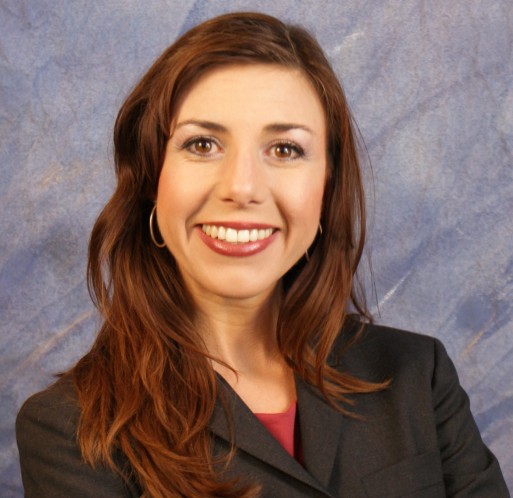Dr. Laura Delizonna is a clinical psychiatrist, professor at Stanford University, and happiness coach. Her project, Choosing Happiness, “was created to help people manifest their dreams and attain sustainable happiness.” Below, Dr. Laura shares her secrets to achieving happiness in the face of adversity or loss…

Dr. Laura Delizonna
Aurora: Can you tell us a little about you and your work, Dr. Laura?
Dr. Laura: I am a clinical psychologist specializing in positive psychology. I teach at Stanford, and do happiness coaching with a specialty in emotional and social intelligence. I work with individuals, coaching one-on-one, and I do workshops for individuals, groups, and companies — I just led a retreat on “happiness from the inside out.”
Aurora: What is happiness?
Dr. Laura: The kind of happiness we’re talking about is not elated joy or bliss — that’s an easier happiness to experience in many ways. The fulfilling, deeper happiness is more of a piece of serenity we’re going after, as opposed to fleeting moments of joy.
Aurora: What was it like working in hospice?
Dr. Laura: It was wonderful — one of the most inspiring experiences I had as a psychologist. The people I was working with were so authentic and so real that in the face of death, they were more willing to talk about what was really important to them… life questions, the meaning of life, their life story. They possessed a sort of radical honesty.
In the face of death, we develop a really deep inquiry and reflection that is very beautiful. So in hospice, I witnessed the profound courage that many patients had; I witnessed their resiliency — not that they were expecting to survive their illness, but a sense of empowerment and gratitude for the reality of life, that they embraced wholeheartedly.
Aurora: What do you think of the idea of a bucket list — goals that people set out to achieve by the end of their life?
Dr. Laura: I think it’s great! At end of life, what’s important is having intention and making active choices, so that requires a lot of self-awareness to determine your priorities. What you really want to do is what matters most to you, whatever that might mean. Set a priority for what you desire and make that happen.
Aurora: And now for the big question: how does one remain optimistic when faced with a terminal condition or the loss of a loved one?
Dr. Laura: First, let’s talk a little about optimism. Let’s look to the serenity prayer, which has been popularized though AA but is attributed to Reinhold Niebuhr…
“May I have the courage to change what must be altered, the serenity to accept what cannot be helped, and the insight to know the one from the other.”
So what optimism means is that we’re focusing on changing the things that are changeable. For example, the fact of a diagnosis or a physical condition is in the past. What we want to focus on is in the present, because that’s a factor we can change. We can change how we deal with it by creating a solid plan and coping with the emotional impact. By coping well with it, the optimism emerges.
Optimism is that feeling I’m doing all I can. Looking to the serenity prayer, optimism is accepting what cannot be changed. And, like happiness, optimism and serenity are different from bliss.
What’s important in response to these extremely challenging and painful life circumstances is to know something about the mind. We’re wired through evolution to focus on the problem, so people actually have a negativity bias. Research shows we’re really, really good at finding problems and hanging onto them. Detecting threat has an enormous survival benefit, but it gets in the way of coping with extremely challenging life situations in a healthy, optimistic way. You must actively cope.
When faced with these extremely challenging situations, it’s natural to feel defeated and disempowered. But there are ways to take control and feel empowered. For instance — we are constantly creating stories. The mind loves stories, immediately going to cause and effect. But when faced with these life situations, we must be the author of our own life story, instead of letting it be written automatically, unconsciously. The more challenging and painful the situation, the more important it is to write your own story… the hero story.
Literally commit this to paper: your own hero story. A hero is someone who faces adversity with great courage and perseverance. Each of us has a hero story; but because of that negativity bias, the mind often goes to the defeatist story — how we’ve been a victim of tragic circumstances. Being the author of our own hero story means looking at the heroic act of our life, and how we’ve met challenging situations with bravery.
Aurora: Thank you so much, Dr. Laura!
For a step-by-step guide to writing your hero story, click here.

 What is Happiness? An Interview with Dr. Laura Delizonna
What is Happiness? An Interview with Dr. Laura Delizonna


 “As Tears Go By” by Marianne Faithfull
“As Tears Go By” by Marianne Faithfull
 “The Sea” by John Banville
“The Sea” by John Banville
 Funeral Favors Offer Visitors a Tangible Memento
Funeral Favors Offer Visitors a Tangible Memento















